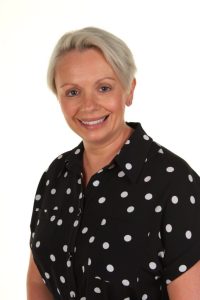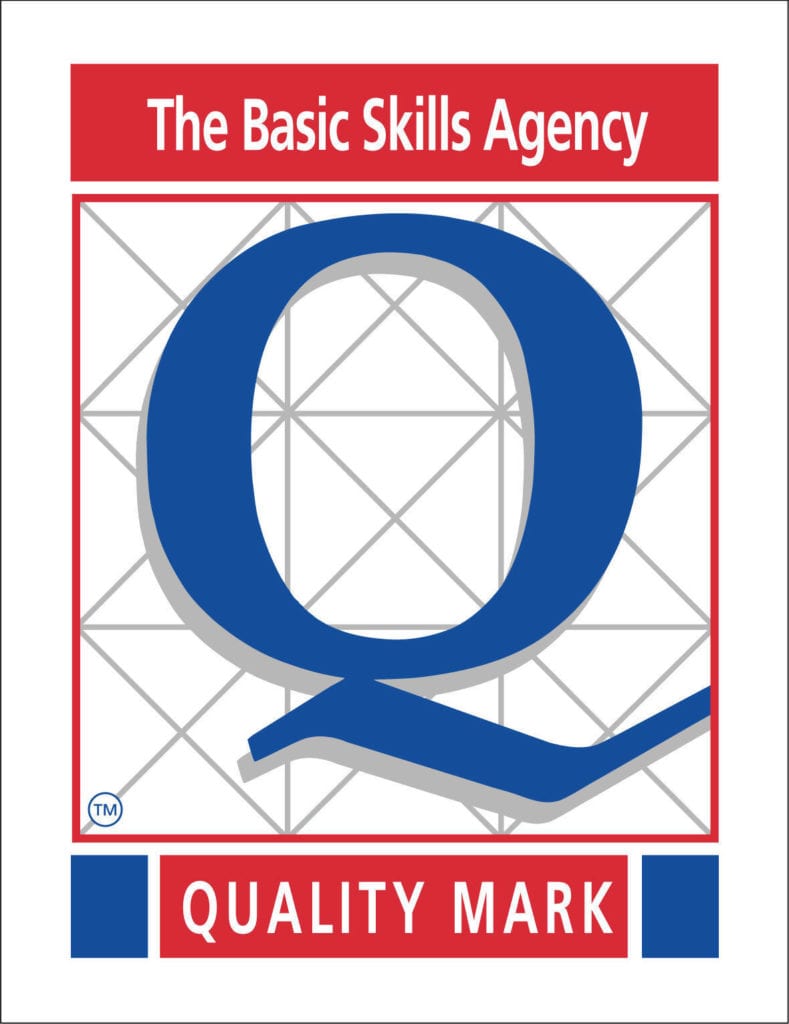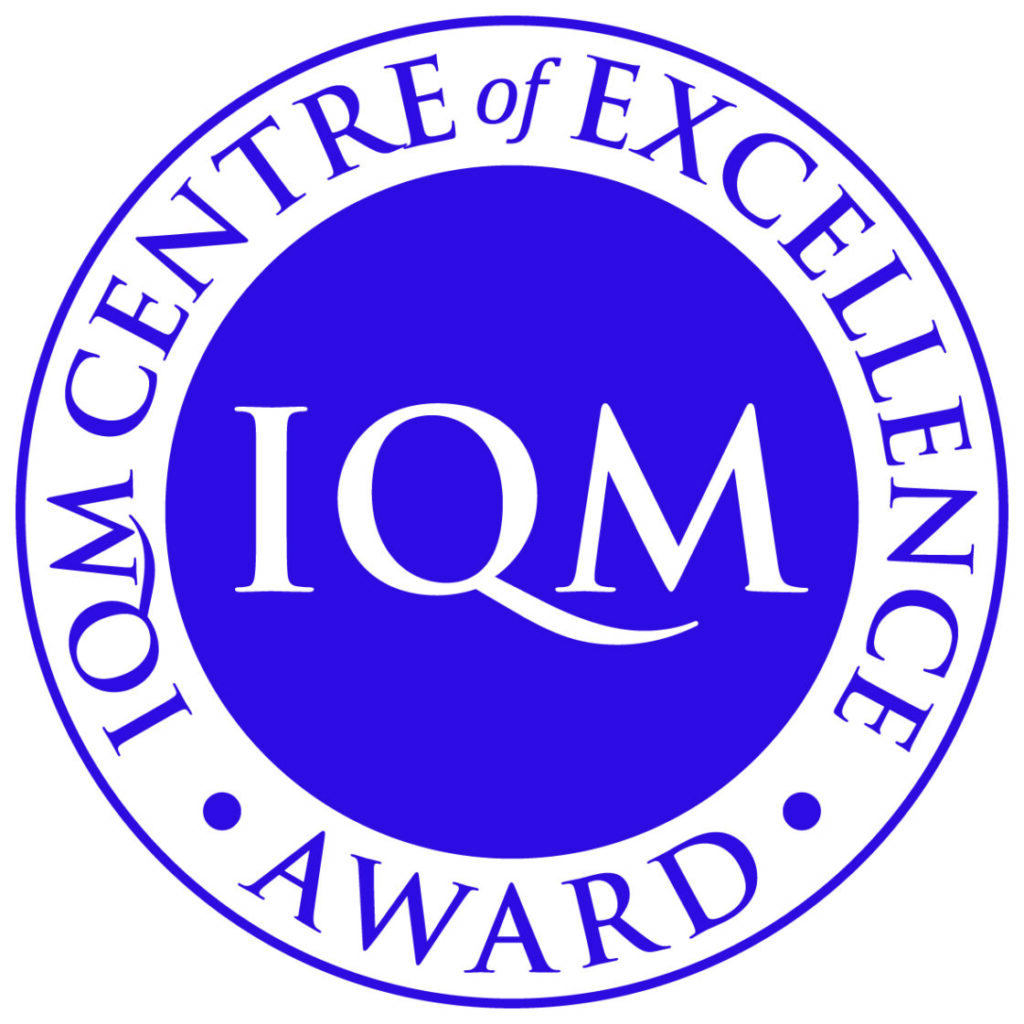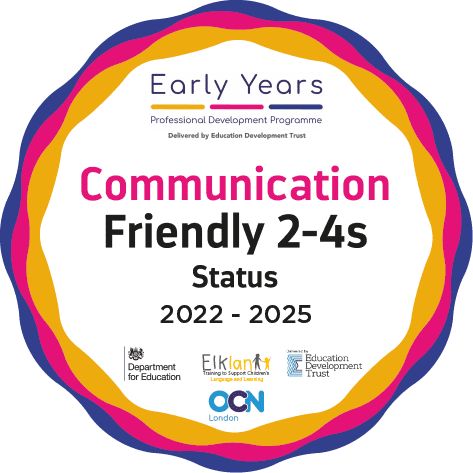SENCO and SEN Staff

Mrs Susan Firth
Our SENCO and inclusion lead is Mrs Susan Firth.
In accordance with the Code of Practice 2014, we have a fully qualified SENCO at our school, with the following qualifications:
- BA (Hons) in Primary Education with Qualified Teacher Status
- National Award for SEN Coordination
- Postgraduate Certificate in Education (Special Needs and Inclusion)
Mrs Firth has over 14 years experience as a SENCO, and also assesses the inclusive practice of others schools in behalf of the Inclusion Quality Mark company. She is also involved with the local authority steering group which is supporting other schools on their journey towards becoming a more inclusive school, often leading to accreditation through IQM.
Our Ofsted inspection in November 2017, reported that ‘The leadership of pupils who have SEN and/or disabilities is effective and enables current pupils to make good progress. Leaders maintain detailed records of pupils’ progress and work closely with parents and carers to check the progress that pupils make over time.’ We are also extremely proud of our ‘Inclusive School’ status from July 2017, and our promotion to ‘Centre of Excellence for inclusion’ in November 2020. The report from November 2020 stated that:
‘The Deputy Headteacher/SENDCo is highly regarded in the school and local area and has a
passion for supporting all pupils. The school has a high level of mobility and she reports
that pupils are welcoming and accepting of everyone. There is a real enthusiasm when new
pupils join the school. Any identified need for extra provision is provided swiftly, partly
due to positive relationships with parents. ‘
Our annual review, last held in November 2021, found that:
‘The Deputy Head knows all the children’s needs and all the families’ needs and
she is appreciated by pupils and the parents who talk about how she does anything she
can to help.’
More details of the SENCO’s role can be found in the SEN Policy which you can find in the School Policies section of our website.
External Specialists and Other Bodies
The school enjoys good working relationships with a wide range of people who provide services to children with SEND and their families.
The external specialists may:
- Act in an advisory capacity
- Extend expertise of school staff
- Provide additional assessment
- Support a child directly
- Suggest statutory assessment is advisable
- Consult with all parties involved with the child
These include:
- Durham County Council Local Offer
- Durham SEND Information, Advice and Support Service
- Behaviour Support Services
- Autistic Spectrum Disorder
- School Educational Psychologist
- One Point Children’s Service
- Educational Social Workers
- Health Agencies, particularly School Nurse Service
- Learning Difficulties and Disability Support Service
- Special Educational Needs – Inclusion Team
- Looked After Children Team
- Medical Practitioners
- Child and Adolescent Mental Health Service (CAHMS)
- Occupational Therapy
- Parent Partnership Support
- Speech and Language Therapists
How We Secure Specialist Expertise
Our Additional Needs Budget is used to support children and young people with SEN.
The school enjoys good working relationships with a wide range of people who provide services to children with SEND and their families, particularly when a child is demonstrating further cause for concern or their learning need is more complex and persistent.
The external specialists may:
- Act in an advisory capacity
- Extend expertise of school staff
- Provide additional assessment
- Support a child directly
- Suggest statutory assessment is advisable
- Consult with all parties involved with the child
This is used to support children and young people with SEND by:
If a child has complex special educational needs, we could also receive additional funding from the Local Authority to meet the agreed outcomes.










